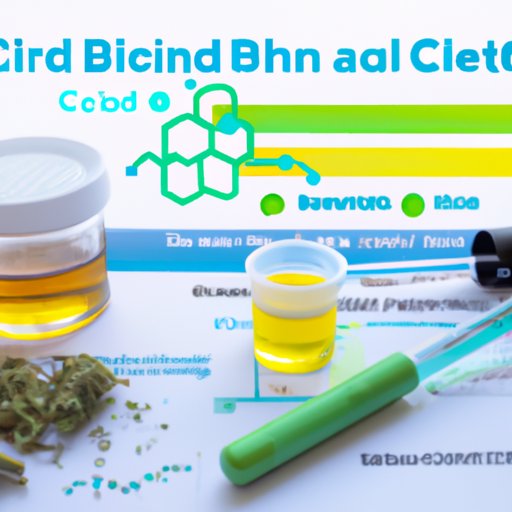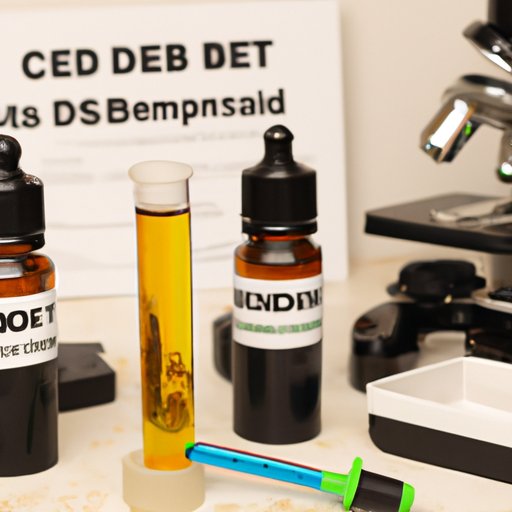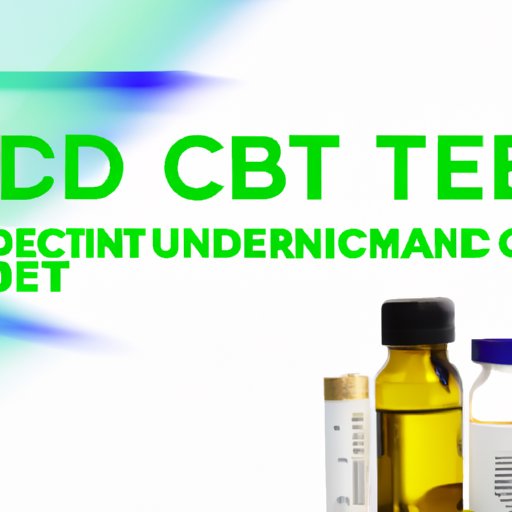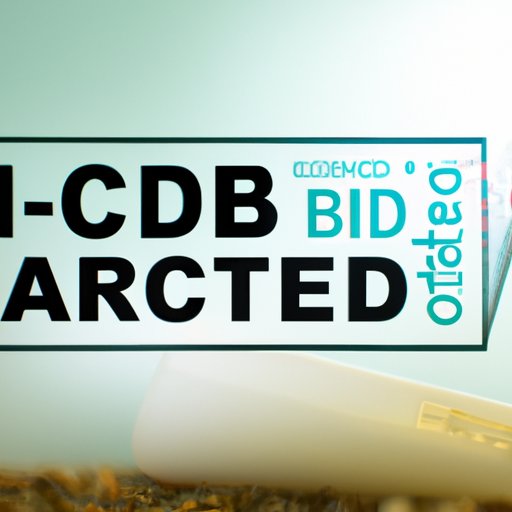Introduction
If you’re a CBD user, you might be wondering if it can cause you to fail a drug test. Drug tests are a common requirement for employees, athletes, and anyone else who needs to be cautious about drug use. In this article, we’ll explore the science behind CBD and drug testing and examine the legality of drug testing for CBD users.
CBD and Drug Testing
CBD, or cannabidiol, is a chemical compound found in the cannabis plant. Unlike THC, it doesn’t produce a high, but it does have potential health benefits. There are several types of drug tests, including urine, saliva, hair, and blood tests. The question is: can CBD products make you fail a drug test?

The Science Behind CBD Drug Tests
A false positive on a drug test can happen if the test detects a substance that is similar to the one being tested for. While CBD and THC are both cannabinoids found in the cannabis plant, they have different effects on the body. THC is the psychoactive compound that produces a high, while CBD doesn’t. Understanding the difference between CBD and THC is important when it comes to drug testing.

Navigating Drug Tests While Using CBD
There are some things you can do to minimize your risk of failing a drug test while using CBD products. First, make sure you’re using a high-quality product that has third-party lab testing to confirm its potency and purity. Secondly, be aware of the THC content in the product you’re using. CBD products derived from hemp generally have minimal THC content, while those derived from marijuana may have higher levels of THC that could cause a positive drug test result. Finally, it’s important to know how long CBD stays in your system.
CBD versus THC: What’s the Difference When it Comes to Drug Tests?
THC is the compound that causes a high and is generally what drug tests are looking for. CBD, on the other hand, doesn’t produce a high and is legal in most states. However, some CBD products may contain trace amounts of THC that could cause a positive drug test result. When it comes to drug testing, it’s important to understand the difference between CBD and THC.
Examining the Legality of Drug Testing for CBD Users
The legal status of CBD is complex, with federal and state laws often conflicting. Despite the legal gray area, some employers and organizations require drug testing for CBD users. There have been legal cases surrounding drug testing for CBD users, with some courts ruling in favor of employees and others ruling in favor of employers.
Real-World Experiences
Personal accounts from CBD users who have taken drug tests can provide insight into the effectiveness of different testing methods. There have been cases where CBD users have failed drug tests because of the THC content in their products, but there are also cases where CBD users have passed drug tests even after using full-spectrum products containing THC. By examining these experiences, we can learn more about the factors that contribute to drug test results.

The Future of Drug Testing and CBD Use
The use of CBD products is becoming more widespread, and drug testing policies may need to adapt to accommodate this shift. However, more research is needed to understand how CBD interacts with the body and how long it stays in the system. As the legal status of CBD evolves, we may see changes to drug testing policies for CBD users.
Conclusion
While CBD products can be a helpful tool for managing anxiety, pain, and other conditions, users should be aware of the risks associated with drug testing. By understanding the science behind CBD and drug tests, users can take steps to minimize their risk of a false positive. However, as CBD use becomes more common, it’s important to advocate for more research and updated drug testing policies that reflect the changing legal landscape.
